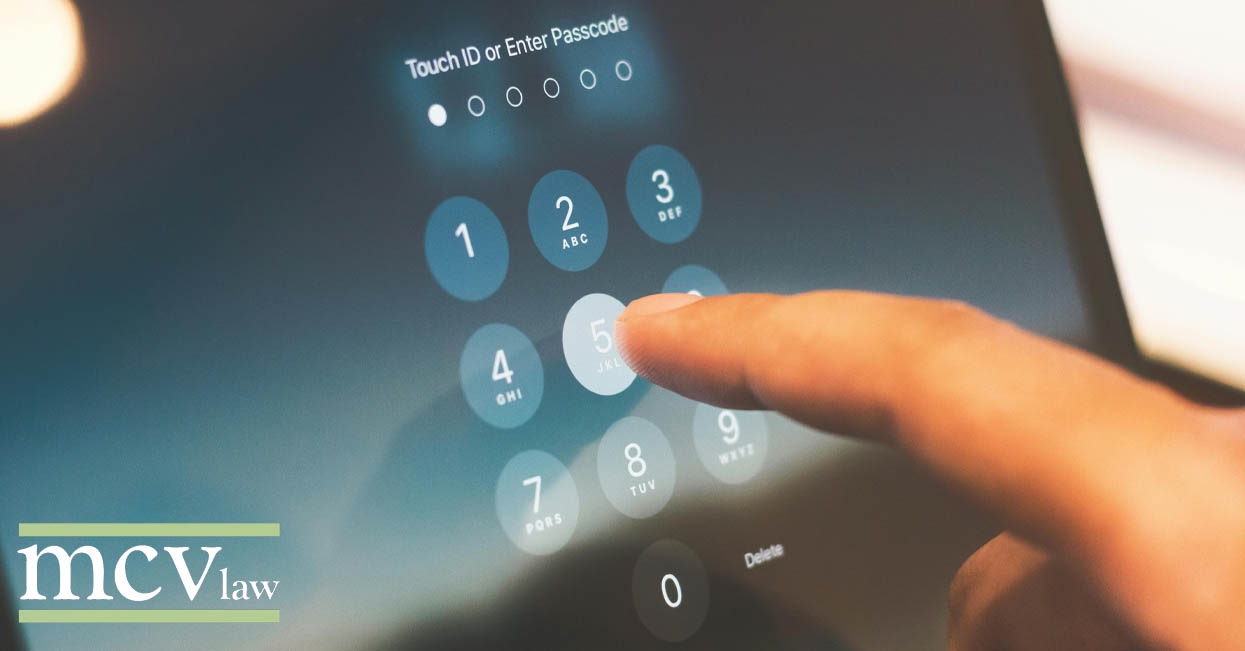
Estate Planning is about more than just passing down your home, savings, or family heirlooms. In today’s world, it also means planning for your digital life, from financial records and personal photos to email accounts, social media, and even things like your Apple ID. If you don’t include digital assets in your Estate Plan, you may leave behind confusion, lost information, or even the risk of identity theft.
Two increasingly important tools for managing your digital legacy are digital vaults and Legacy Contacts.
What Is a Digital Vault?
A digital vault is a secure, online storage solution where you can keep all your important digital documents and account information in one place. Think of it as a virtual safe deposit box for your online life.
Items typically stored in a digital vault include:
- Passwords and login credentials
- Financial account details
- Scanned copies of your Will or Trust
- Photos, videos, and important documents
- Insurance policies, deeds, and tax records
Unlike a filing cabinet or a USB drive, a digital vault is encrypted, password-protected, and often offers multi-factor authentication, making it a safer and more durable place to store sensitive files.
Why Use a Digital Vault?
As more of our daily life moves online, managing digital assets has become critical. A digital vault ensures that the information your family needs is available and protected from both physical disasters and digital threats.
Some of the key benefits include:
- Security: Encryption and multi-factor authentication guard your personal data from hackers.
- Organization: Everything is stored in one place, reducing confusion for your loved ones.
- Accessibility: Designate access to a trusted individual—often the executor of your estate or a chosen representative, so they can retrieve what’s needed without hunting through files and devices.
- Protection from loss: Fires, floods, or theft won’t destroy your most important documents when they’re stored securely online.
Apple’s Legacy Contact: A New Tool for Digital Estate Planning
For Apple users, iOS 15.2 introduced a new feature called Digital Legacy, which allows you to name a Legacy Contact. Your chosen Legacy contact is someone who will be authorized to access your Apple ID and iCloud data after your death.
Your Legacy Contact will be able to access:
- Photos and videos
- Emails and notes
- Contacts and messages
- iCloud storage contents
This is especially helpful for families trying to recover sentimental items or handle practical matters stored digitally.
To designate a Legacy Contact:
- Open Settings on your iPhone or iPad.
- Tap your name > Sign-In & Security > Legacy Contact.
- Add the person you trust and share the Access Key securely.
Your Legacy Contact will need the Access Key and your death certificate to gain access to your Apple data.
Why This Matters for Your Estate Plan
When you pass away, your loved ones may need access to financial accounts, digital communications, and other online records to properly administer your estate. If that information is locked behind passwords or lost in a maze of devices and accounts, it can delay the process and increase the emotional burden.
By incorporating a digital vault and choosing a Legacy Contact, you:
- Make your Estate Plan more complete
- Reduce stress and confusion for your loved ones
- Protect your private information from misuse or exposure
If you use Android-based devices, Google’s Inactive Account Manager can be set up similarly to set up trusted contacts as well.
Planning for Your Digital Future
As digital vaults grow in popularity and tools like Apple’s Legacy Contact become more widely available, including your digital footprint in your Estate Plan is no longer optional, it’s essential.
If you have questions about how to include digital assets in your Estate Plan, our Estate Planning attorneys can help you build a plan that protects all of your assets across physical, financial, and digital. At MCV Law, we help clients achieve peace of mind through personalized Estate Planning and Administration services. Our attorneys take the time to understand each client’s goals, family dynamics, and unique circumstances in order to craft estate plans that reflect their wishes and protect their hard-earned assets. When the time comes, we also guide executors and trustees through the estate administration process with clarity and care.



